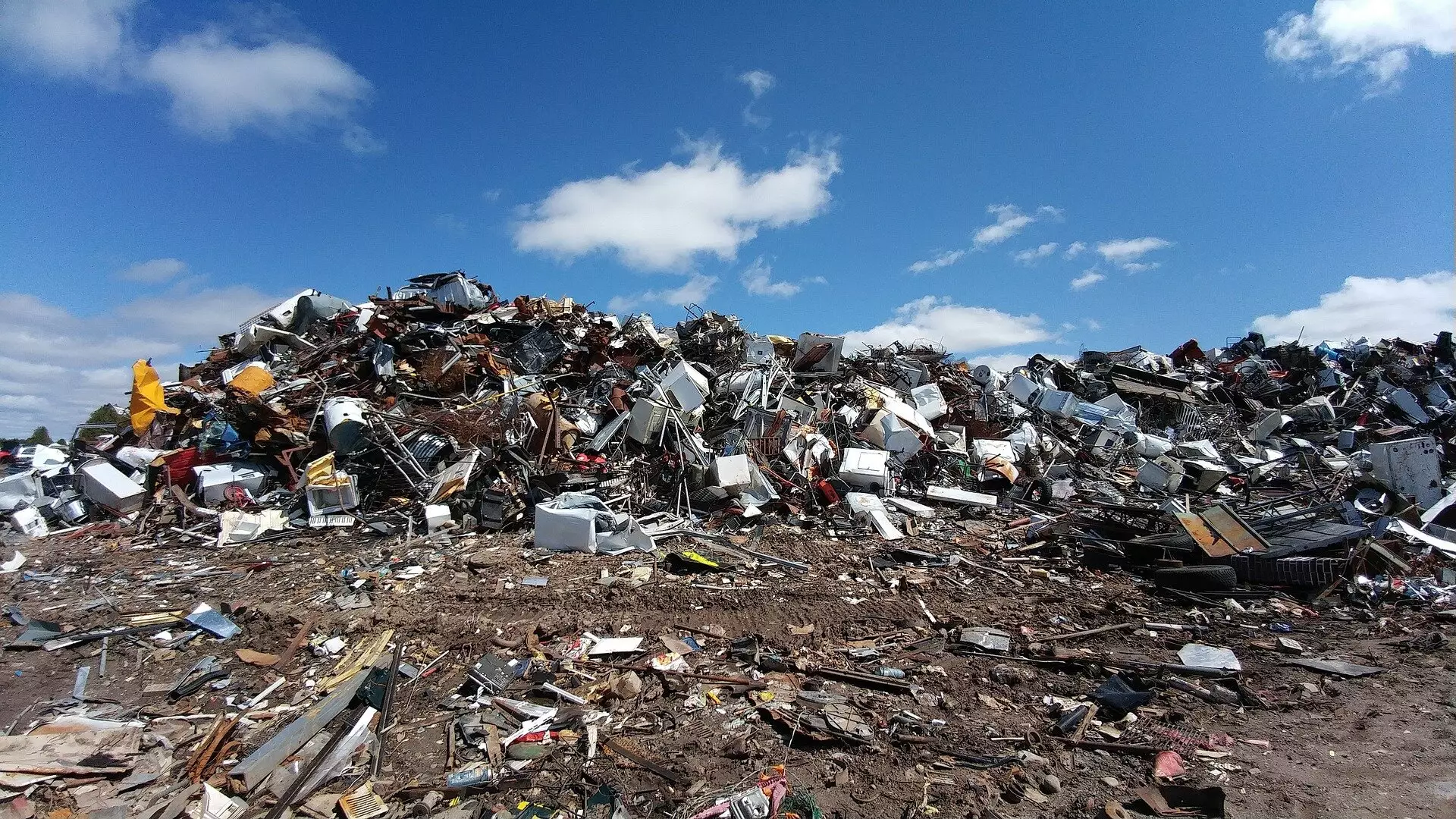

Food waste has become a critical issue in the United States, where it contributes significantly to greenhouse gas emissions. According to recent findings from a study carried out at the University of California Rady School of Management, legislative efforts aimed at reducing food waste have yielded mixed results. Among the pioneering five states that implemented food waste bans—California, Connecticut, Rhode Island, Vermont, and Massachusetts—only Massachusetts demonstrated notable success in diverting organic waste from landfills and incinerators. This finding raises important questions about the effectiveness of policy measures designed to combat food waste and the underlying factors that contribute to successful implementation.
Between 2014 and 2024, Massachusetts was the only state able to tangibly reduce its landfill waste following the introduction of its food waste ban, achieving a reduction of about 7% in landfilled waste, with a more gradual target of 13.2%. In sharp contrast, the other states collectively saw negligible impacts on their waste diversion efforts, with a reduction of only 3% from landfill disposal observed across the board. These findings underscore the stark reality that simply enacting laws is insufficient for effecting real change in waste disposal practices.
Robert Evan Sanders, assistant professor at the Rady School, emphasized that a comprehensive approach is critical to achieving the intended outcomes of food waste bans. To create a successful framework, the research identified three key aspects of Massachusetts’ legislation: a robust composting infrastructure, clear language in the law minimizing exemptions, and rigorous enforcement practices—elements that were lacking in many of the other states.
The success of Massachusetts can primarily be attributed to its superior composting infrastructure. The state boasts the highest number of food waste processing facilities per square mile among the five states analyzed. This accessibility to food waste processing allows businesses and residents to comply with the law more easily, thus promoting widespread adoption of alternative waste disposal methods.
Furthermore, the clarity of Massachusetts’ food waste ban, which features straightforward language and minimal exceptions, has made it easier for businesses to understand their responsibilities. Complicated regulations often deter compliance, but Massachusetts has addressed this issue successfully. Unlike other states that imposed convoluted guidelines, Massachusetts created a framework that is user-friendly, enabling businesses to grasp their obligations and take appropriate actions.
Equally important is the state’s enforcement measures. The Massachusetts law had more than triple the number of inspections per waste generator than Vermont, the state with the next highest inspection rate. This rigorous enforcement helped ensure compliance and could serve as a template for other states looking to replicate Massachusetts’ success.
The findings of this study illuminate a significant flaw in many state policies regarding food waste: they are often implemented without adequate support systems. While the intentions behind food waste bans are commendable, they are frequently undermined by insufficient infrastructure and inadequate enforcement. The research calls for states to rethink their strategies by examining what has worked well in Massachusetts and applying similar principles tailored to their unique circumstances.
Notably, while criticism of failed efforts may suggest a retreat from food waste legislation, the authors of the study advocate for a more balanced approach. With food waste accounting for approximately 8-10% of global greenhouse gas emissions, abandoning food waste bans is not a viable option. Instead, they emphasize the importance of using Massachusetts as a baseline to enhance legislative frameworks across the country.
The evolving landscape of food waste management is also encapsulated in California’s recent legislative efforts. With the passage of SB 1383 in 2022, California has taken strides toward establishing a comprehensive organic waste collection service for all jurisdictions, setting a significant precedent for other states. This legislative move indicates a growing recognition of the importance of not just enacting laws but ensuring that there is a practical mechanism in place for their successful execution.
The study provides essential insights that highlight a path forward in addressing food waste challenges at the state level. Rather than viewing legislative bans as standalone solutions, it is imperative for states to adopt a multi-faceted approach informed by the lessons learned from Massachusetts. Through improving infrastructure, refining legislation for clarity, and enhancing enforcement mechanisms, a more effective landscape for food waste management can be created, ultimately leading to significant environmental benefits.
In the realm of software development, the ability to swiftly and accurately address bugs is…
The realm of quantum computing and communication is not just an abstract dream anymore; it…
In a remarkable leap for the field of material science, a collaborative research initiative has…
Throughout Earth's vast history, our planet has endured five major mass extinction events that reshaped…
Rainfall is a vital element of our planet’s hydrological cycle, yet many aspects of its…
On a night when the universe aligns, a mesmerizing phenomenon awaits: the appearance of the…
This website uses cookies.